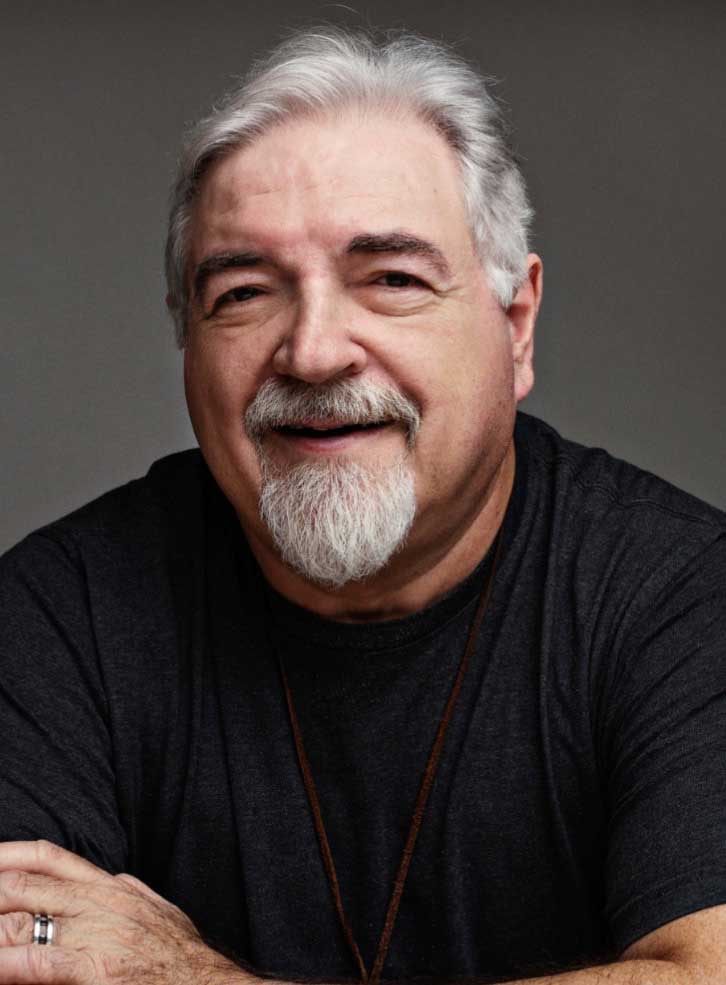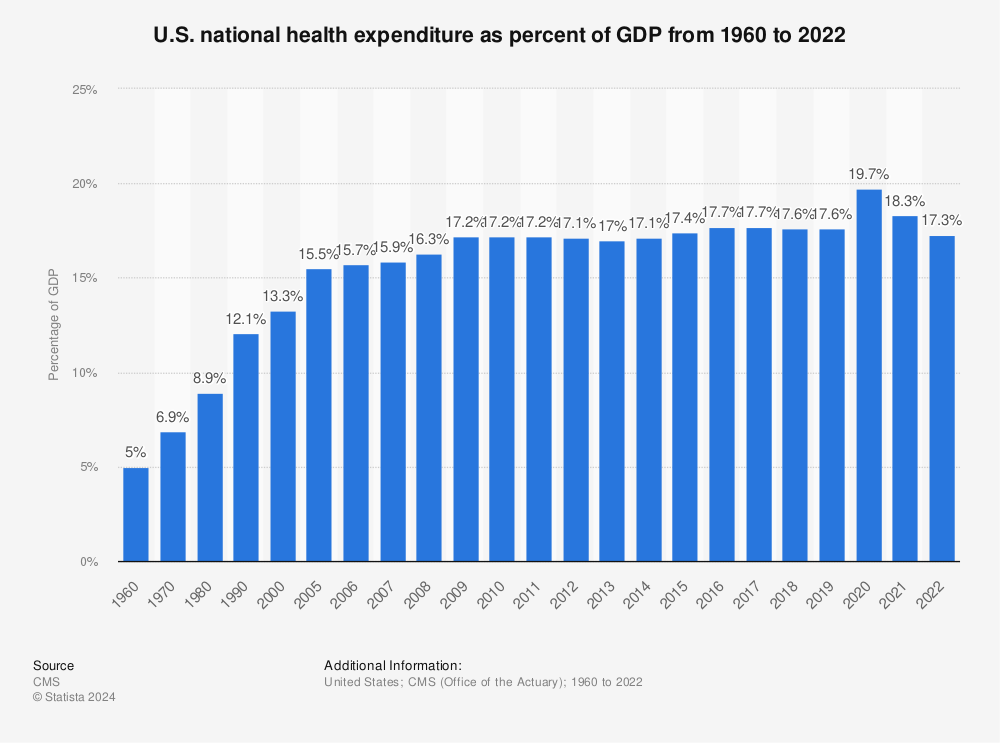Why the wealthiest country in the world “can’t afford” universal healthcare is one of the greatest paradoxes of the modern age. Every other industrialized country on Earth has this in place for its citizens. But us? Not a chance. The arguments are numerous, bogus and virtually burned into the psyche of every American:
- It’s too expensive
- The government would screw it up with inefficiency
- It’s communist
- Other countries hate their systems
- If you want good care you still have to pay
Every single one of these arguments and more have been thoroughly debunked. But they still persist. Why? Because there is an insane amount of money being hoovered out of American wallets and those who are profiteering on this excess will do anything to keep this ocean of money washing into their pockets.
Every possible strategy is employed to keep this system of robbing the American public rolling forward no matter what. To the people running this largest scam in the history of humanity, actual care of their fellow man does not even enter into the equation. It is all about profit growth and delivering that to shareholders.
Many people are quite correctly aghast at the $768 billion defense expenditure that was recently approved. For one year. We spend double or treble the budget of our nearest military competition. But it is a drop in the bucket compared to the $4.1 trillion we spent on healthcare just in 2020.
The chart below shows how this has been steadily increasing over the decades.
Here are some raw numbers from the Centers for Medicare and Medicaid website: (Note: NHE = National Health Expenditure)
- NHE grew 9.7% to $4.1 trillion in 2020, or $12,530 per person, and accounted for 19.7% of Gross Domestic Product (GDP).
- Medicare spending grew 3.5% to $829.5 billion in 2020, or 20 percent of total NHE.
- Medicaid spending grew 9.2% to $671.2 billion in 2020, or 16 percent of total NHE.
- Private health insurance spending declined 1.2% to $1,151.4 billion in 2020, or 28 percent of total NHE.
- Out of pocket spending declined 3.7% to $388.6 billion in 2020, or 9 percent of total NHE.
- Federal government spending for health care grew 36.0% in 2020, significantly faster than the 5.9% growth in 2019. This faster growth was largely in response to the COVID-19 pandemic.
- Hospital expenditures grew 6.4% to $1,270.1 billion in 2020, slightly faster than the 6.3% growth in 2019.
- Physician and clinical services expenditures grew 5.4% to $809.5 billion in 2020, faster growth than the 4.2% in 2019.
- Prescription drug spending increased 3.0% to $348.4 billion in 2020, slower than the 4.3% growth in 2019.
- The largest shares of total health spending were sponsored by the federal government (36.3 percent) and the households (26.1 percent). The private business share of health spending accounted for 16.7 percent of total health care spending, state and local governments accounted for 14.3 percent, and other private revenues accounted for 6.5 percent.
What does this mean? First, the classic retort of opponents of Universal Healthcare is “How will it be paid for?” Well, apparently it already is, many times over.
The staggering sums being paid by Americans for healthcare are so far out of whack from literally all other modern countries as to be laughable—or would be if they wasn’t so sick.
When you read between the lines in the bullet points above you can see that price increases by hospitals and pharma account for a large chunk. Not much of a surprise in light of the frequent exposés of price gouging in both sectors.
A significant increase in the 2020 expenditures are due to the pandemic. Factual. But the open question is how much the anti-vax “movement” contributed to this. Data shows that the vast majority of people hospitalized or dying of COVID-19 now are unvaccinated. And the difference in costs between administering a vaccine and caring for a person in a hospital setting is staggering. This possibly explains why in spite of the obvious craziness, anti-vaxxers seem to be so well funded. The return on that investment is massive. That thousands of those who buy into that argument end up dying doesn’t seem to matter to the ant-vaxxers.
Cold-Blooded Profiteering
The cold-bloodedness of the tiny minority of people profiting off the misery of Americans in need of healthcare is difficult to wrap one’s wits around. There are people who cannot afford to see a doctor for simple preventive measures. There are diabetics who can no longer afford insulin because Eli Lilly—specifically Alex Azar, the guy Trump appointed to run Health and Human Services—radically increased the price of insulin from about $20 per month to over $300. Anecdotal information like this is so massive that if listed here, this article would scroll forever.
Only creatures devoid of feeling who have divorced themselves from their duty of care to their fellow man would subscribe to such a scheme. But that is where we are. This censure applies not only to the profiteers themselve, but to their lobbyists, advertisers, lawyers, PR agencies, and most importantly, to the political animals that feed at the trough of corruption they provide.
We know who they are. They are easy to spot. They are the ones that keep saying, in words or actions, that healthcare is not a human right. There is a simple way to recognize these people, whoever loudly objects to universal healthcare is either a profiteer or works for one.
This November 8th, we need to send each and everyone of these people packing from Congress, from State houses and local governments.

Marty Kassowitz
Marty Kassowitz is co-founder of Factkeepers. As founder of Interest Factory and View360, he brings more than 30 years experience in effective online communications, social media management, and platform development to the site. He is a writer, designer, editor and long time observer of the ill-logic demonstrated by too many members of the species known as Mankind. After a long history of somewhat private commentary on a subject he totally hates: politics, Marty was encouraged to build this site and put up his own analyses as well as curate relevant content from other sources.

